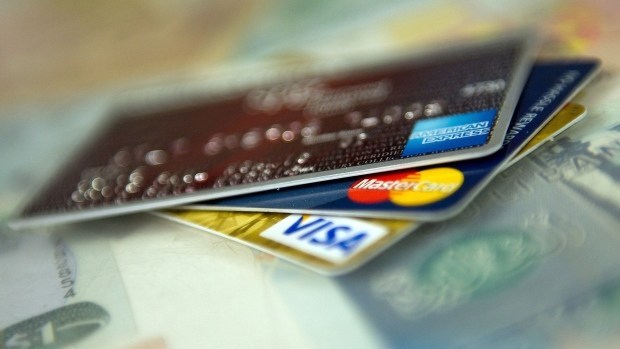While fraudsters ramped up their efforts during the pandemic, many Canadians feel it will only get worse if a recession hits. According to the 2023 RBC Fraud Prevention Month Poll, 42% of Canadians think it will be harder to spot scams during a recession than in the pandemic and four in five (78%) believe a recession will increase everyone’s fraud risk.
The research also found that three-quarters of respondents (75%) believe it’s easier to fall victim to a scam when you’re struggling financially, but more than a third (36%) are simply too worried about other things to be concerned about fraud. Also, 86% of Canadians are simply tired of having to be on the lookout for scams.
“It’s understandable that people have a lot on their minds and don’t want to think about fraud, but scams are getting harder to spot and fraudsters are becoming more sophisticated,” says Kevin Purkiss, vice president, Fraud Management, RBC. “We’ve seen a strong correlation between increased fraud and economic slowdowns, which means Canadians need to stay vigilant about reducing their risk.”
Missing the signs of fraud is costing Canadians money
While 77% of Canadians say their first instinct is to assume every e-mail, phone call or text from a company or organization is a scam, 67% say it’s harder than ever to tell when an e-mail, text or online ad is a scam. Other significant poll findings:
- 32% are concerned they are already starting to miss the signs of potential fraud
- 71% worry it will be harder to spot the signs of fraud as they get older
- 23% have been a victim of fraud or fallen for a scam
- 18% report fraudsters have gained access to their personal or financial information
- 14% admit they’ve lost money in a scam, with $400 being the average total amount lost
- 6% have lost more than $10,000.
Apathy about fraud risk among Canadians 18-34
The majority of adult Canadians under 35 (58%) say sharing personal data online is necessary for convenience. More than half (53%) admit to sharing more information online than they should and 44% say they are quick to share personal data to get access to an offer, website, app or service. Thirty-five per cent also believe fraud is something that happens to others, but not to them, and one-third (33%) have never been worried about falling victim to a scam.
“The reality is that anyone can fall victim to a scam, even tech-savvy young Canadians,” says Purkiss. “As we are online more than ever, it’s especially important to be careful about the information we are sharing, as cunning criminals often look to piece together all the details to help make their scams more successful.”
Purkiss adds that staying safe and protecting yourself from fraud starts with being aware of the risk and knowing how to spot the signs of a scam.
RBC provides four tips to help Canadians identify and avoid potential scams:
- Be aware that fraudsters may impersonate government or bank staff, law enforcement or other trusted people. Don’t give out personal information to people you don’t know and remember that your bank will never ask you to provide confidential information (e.g., account passwords, PINs, social insurance number) or other personal information through an unsolicited call, e-mail or text.
- Watch for calls, e-mails or texts that ask you to respond immediately. Fraudsters will often use a sense of urgency to get you to share information or click on a link or attachment.
- When online, don’t enter login information or credit card details unless you are sure the site is legitimate. Red flags include poor grammar or spelling errors, a URL that doesn’t match the company’s main site or a lack of a security lock symbol in the address bar.
- When shopping online or on social media, if an offer, contest or ad is too good to be true, it usually is. Trust your instincts, ask questions, do your research and be extra cautious.
To learn more about how to protect yourself from fraud or how RBC works to prevent, detect and investigate fraud, please visit rbc.com/privacysecurity.








